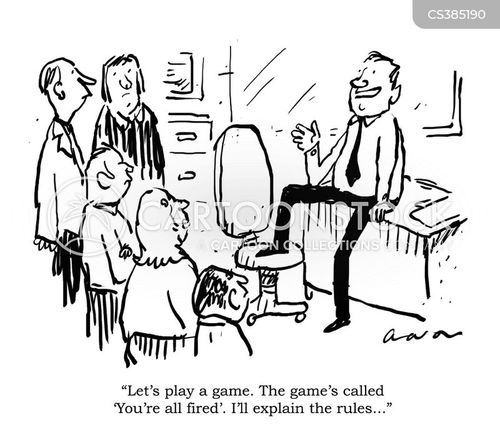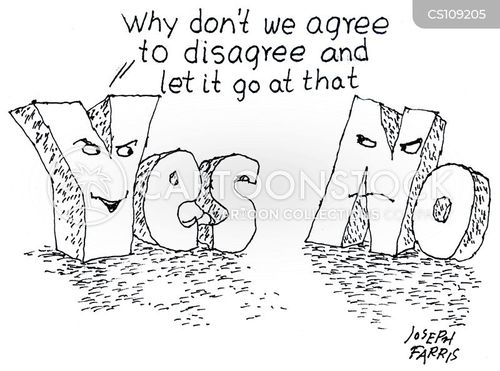Actually, you believe you have found “the complete truth”. And you believe it is found “solely” in the Protestant canon. But others here have presented their version of the complete truth - complete with commentary, arguments and Biblical exegesis. Just as the RC, EC and Protestant Churches, believe they have found theirs. Or the Bible Churches, Community Churches and TV evangelists, have described yours. And theologians and Christian philosophers, think they have found theirs. But that’s where they stop. If you want to stop in to their church and find out more - that is fine. Or you wish to turn on the TV and/or radio evangelist - then they do so. If you wish to visit a forum - like this one, you are free to do so.
You remind me very much of the Jehovah Witnesses, knocking at your door, with their “persistent version of Biblical truth”. And I would classify them as religious nuts, zealots, etc. That’s the difference between you and me - and everyone else on this forum, as far as i’m concerned. For my version of Christianity, folks can take it or leave it. It’s actually pretty much orthodox - as far as mainstream churches goes.
But I don’t think God is going to say welcome, you have the “correct doctrine”. And you tried to “shove it down their throats”, like I wished you to. And all those churches, theologians and Christian philosophers - have gotten it wrong. You are “the only one, who saw the real truth.”
Christ asked us to love God, with all our hearts, soul and mind. And to love our neighbor as ourselves. He hung around with the outcasts, sinners, tax collectors, prostitutes, etc. And he told good parables - like the Good Samaritan. Which inspires us to charitable works - like helping the poor, etc. The only ones I see, who think they have the “complete and true understanding” and need to “force it upon others”, are folks like the Unification Church, Jehovah Witnesses, Mormons, Christian Scientists, etc. Those on the fringes - so to speak.
If your belief works for you - go for it. You have “found the truth”, that “no one else has”. But your methods of delivery, continued persistence, etc., will just turn people off. And they will allow you to continue talking - but not hearing. We just won’t have the ears to hear, as the Bible says. And there is only one other person I met here - like yourself. She claimed to be a prophet and had “the full Christian truth”, because she was a “prophetess of God”. She is no longer here and left of her own accord.
And I have a life - outside this forum. Like many people here do. Good luck getting folks to listen. But were all historical figures, who found the truth, right? Some probably had problems of mental illness, organic illness, visions of demons and evil spirits - leading them astray, etc Some are classified as false prophets, wolfs in sheep’s clothing, cultists, mentally ill and deranged, etc.
No Holy Fool theology or P-Zombie philosophy talk here. Just straight talk. Have fun building an audience, congregation, etc. You will need it. 
Let me end, by paraphrasing this old, philosophical riddle:
From
to




















